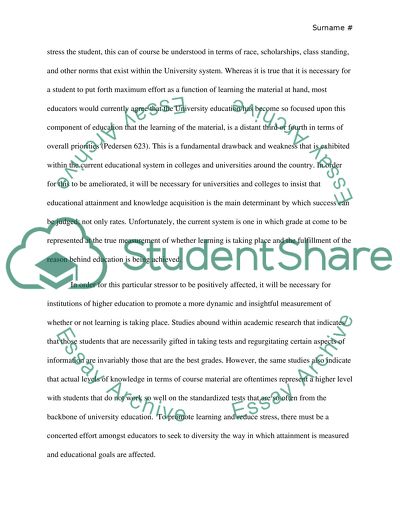Cite this document
(“Why Are College Students Stressed What Can We Do Essay”, n.d.)
Retrieved from https://studentshare.org/english/1653817-why-are-college-students-stressed-what-can-we-do
Retrieved from https://studentshare.org/english/1653817-why-are-college-students-stressed-what-can-we-do
(Why Are College Students Stressed What Can We Do Essay)
https://studentshare.org/english/1653817-why-are-college-students-stressed-what-can-we-do.
https://studentshare.org/english/1653817-why-are-college-students-stressed-what-can-we-do.
“Why Are College Students Stressed What Can We Do Essay”, n.d. https://studentshare.org/english/1653817-why-are-college-students-stressed-what-can-we-do.


